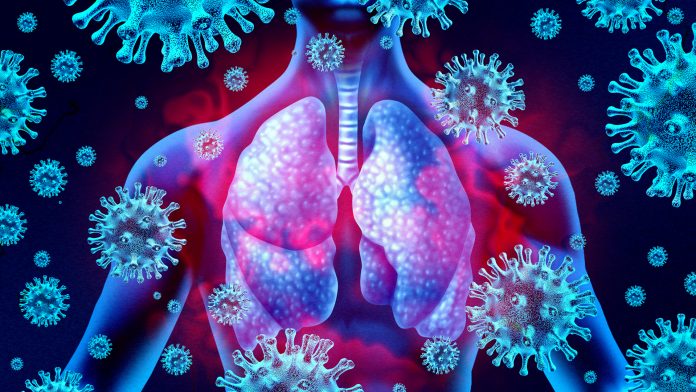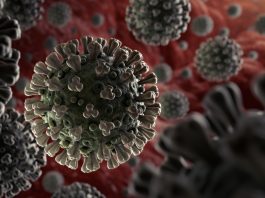New Horizon 2020 project aims to develop passive immunotherapy methods against COVID-19 using antibodies from recovered patients.
The new Horizon 2020 project, Antibody Therapy Against Coronavirus (ATAC), aims to develop passive immunotherapy methods against COVID-19. The research team are currently using human antibodies from recovered COVID-19 patients to test different passive immunotherapy methods.
According to a recently published ATAC fact sheet: ‘Antibodies will be characterised by rapid experimental and computational work, optimised, produced and tested in consultation with EMA to ensure prompt embedding of regulatory aspects.’
Successful methods using blood plasma
The team from the ATAC project consortium have tested blood plasma transfusions in patients and discovered that this method can provide promising results. Unfortunately, a single plasma donation can only treat one person.
“There is quite a difference between patients in terms of how many antibodies they have. You can go from almost nothing to quite impressive immune responses,” said Dr Rino Rappuoli, an internationally recognised vaccinologist working on the ATAC project.
“It seems great: it’s quick, it’s easy, it’s simple, but it’s not the most convenient treatment long term,” said Dr Luca Varani from the Institute for Research in Biomedicine, Università della Svizzera italiana in Switzerland.
A monoclonal approach to passive immunotherapy
The ATAC team aim to develop alternative, large-scale, passive immunotherapy methods using monoclonal antibodies. Scientists are currently searching for a single antibody that can fight COVID-19 in order to replicate and mass produce it. The use of lab-produced or monoclonal antibodies has previously been successful in the fight against diseases like cancer and arthritis.
“I believe human monoclonal antibodies are the best way to develop quickly a drug that is going to cure the infection. We don’t know yet the quality of the antibodies that come from the patients.
“We are at the stage where we have several hundreds of positives, and we are starting the screening. So we may already have the antibody, but we don’t know yet,” said Rappuoli.









